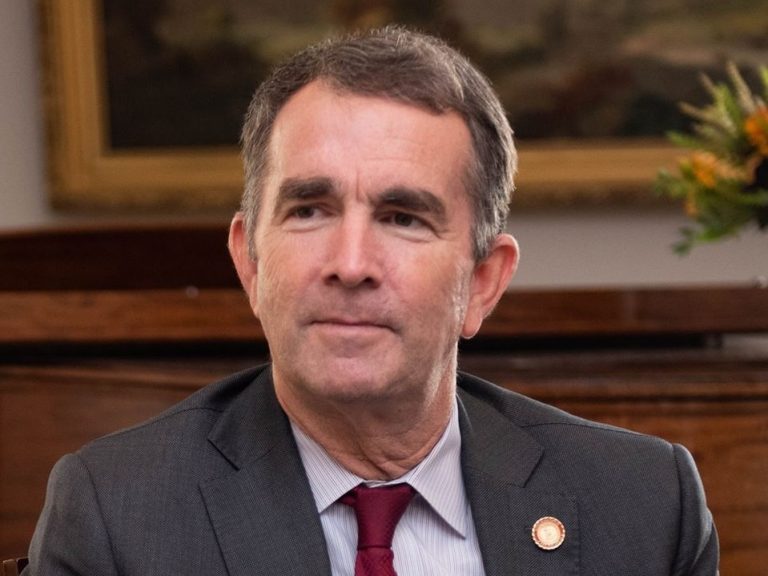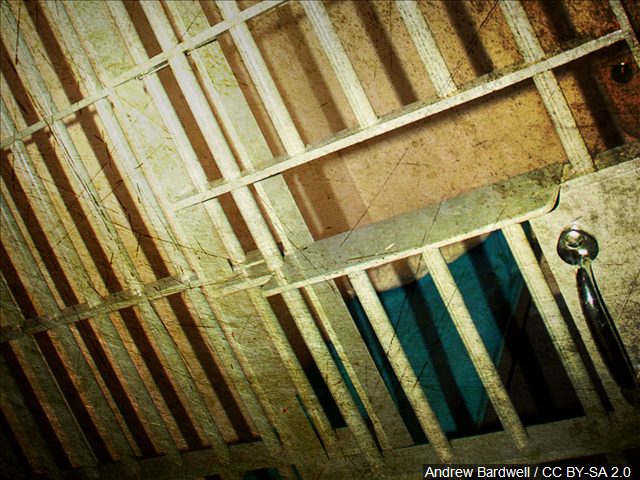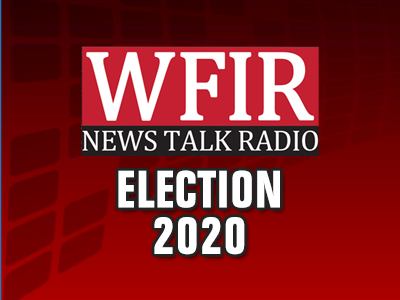After a presidential debate last week that our political analyst says “horrified” him, we checked back in...
State and National Government
RICHMOND, Va. (AP) — Virginia’s governor said he has developed mild symptoms of the coronavirus a little...
A bill that would allow cities, counties and towns to more easily take down Confederate statues on...
Incumbent Republican 6th district Congressman Ben Cline faced off with his Democratic challenger Nicholas Betts yesterday via...
One of the bills passed in the General Assembly special session would allow more prisoners deemed terminally...
Virginia lawmakers appear close to agreeing a final version of a revised state budget, one that addresses...
The fall ballot includes a proposed amendment to Virginia’s Constitution that would change the way the state’s...
RICHMOND, Va. (AP) — Former Virginia House Speaker Kirk Cox has filed paperwork with the state to...
A Virginia law now in effect bans held-held use of cellphone while driving, but AAA wants the...
New voting options for Roanoke County residents – a satellite in-person voting location at the Brambleton Center...
A Virginia Department of Health program aimed at reducing teen pregnancies has sent postcards to thousands of...
The first of three scheduled debates between President Donald Trump and Democratic challenger Joe Biden takes place...
From Wason Center for Public Policy :– A majority of Virginia voters say the country is loosening...
Two days before the first Presidential debate the story broke yesterday about President Trump’s tax returns –...
The Virginia Department of Health is paying for postcards sent to many homes where teens live that...











